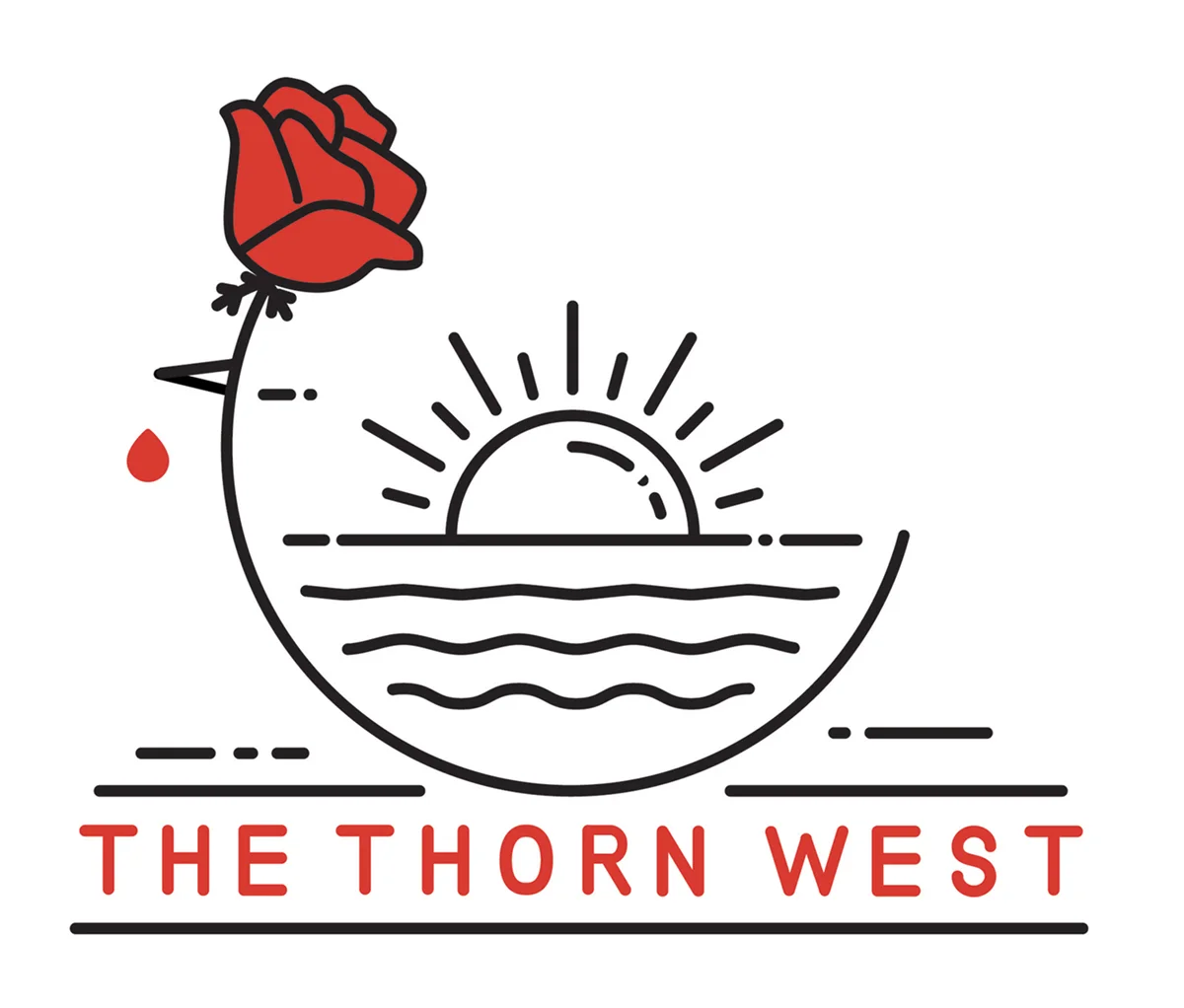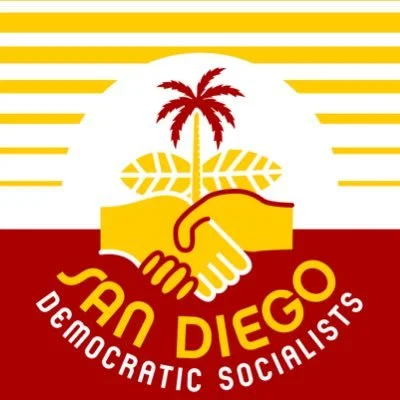

Budget Crises at City, State + Federal Level Put Vital Services at Risk
Thorn West: Issue No. 228
State Politics
- Former Orange County congress member Katie Porter is the most recent candidate to announce their candidacy for California governor. Current governor Gavin Newsom will be unable to run in 2026 due to term limits.
- Governor Newsom interviewed Steve Bannon on his newly launched podcast. It is the third episode to feature a friendly interview with a member of the far right.
City Politics
Los Angeles chief administrative officer Matt Szabo predicted a $1 billion budget shortfall in the next fiscal year in a presentation before city council, projecting the need for “thousands” of layoffs of city employees. The current fiscal crisis was precipitated by raises for LAPD officers, and is exacerbated by police liability claims. Mayor Karen Bass, released a statement warning that her draft budget for the upcoming fiscal year, due to be released within a month, will represent a “fundamental change in the way the City operates.”
Health Care
- As Republicans discuss cutting billions of dollars in Medicaid funding over the next ten years. Capital & Main projects the devastating cascading effect this will have on health care in California.
- Medi-Cal, California’s implementation of Medicaid, is $6.2 billion over budget, a result of rising pharmacy costs, and increased participation in the program. The state has borrowed from its reserve fund to partially make up the shortfall.
- There was a diagnosed case of measles in LA County last week, in a patient who had just flown into LAX. Press release from the LA County Department of Public Health here.
Police Violence and Community Resistance
- Recordings made by an LAPD officer in the department’s Recruiting Division captured a stream of racist, sexist and homophobic comments from multiple officers across dozens of conversations. A probe is underway.
- [CW: police violence] LAPD officers shot and killed an unarmed driver during a traffic stop last week.
- Amid a budgetary crisis, advocates worry about the future of a successful pilot program that diverts emergency mental health calls to an unarmed crisis response team. LA Forward is hosting a zoom call to organize a defense of the program, here.
- Sheriff Robert Luna is suing the Los Angeles County’s Civilian Oversight Commission, seeking to withhold documents related to deputy misconduct that the commission has subpoenaed.
Housing Rights
- Funding for a federal emergency rental voucher program, which provides assistance to tenants facing homelessness, is projected to run out in the upcoming fiscal year.
- An audit has revealed that LAHSA, the organization which currently provides homelessness services across LA County, has been lax in tracking its use of funds. LA Public Press provides further details on plans at the city and county level to restructure how homelessness services are provided.
The post Budget Crises at City, State + Federal Level Put Vital Services at Risk appeared first on The Thorn West.


2024 Steering Committee Report


The Stolen Valor of "Honor Flight"


Rockville tenants fight for rent stabilization


David Lynch: The Modern Cassandra


After the Great Society Subway, the Green Social Housing Eco-District


What does the future of reproductive health look like?


Understanding Our Past, Forging Our Future


It’s Time to Focus on Building Working-Class Organization


Seeding Food Sovereignty Priority Campaign: Spring 2025 Update
DSA San Diego has adopted food sovereignty as a 2025 Priority Campaign, and the work is already rolling forward! Read more. [...]
Read More... from Seeding Food Sovereignty Priority Campaign: Spring 2025 Update
The post Seeding Food Sovereignty Priority Campaign: Spring 2025 Update appeared first on Democratic Socialists of America | San Diego Chapter.